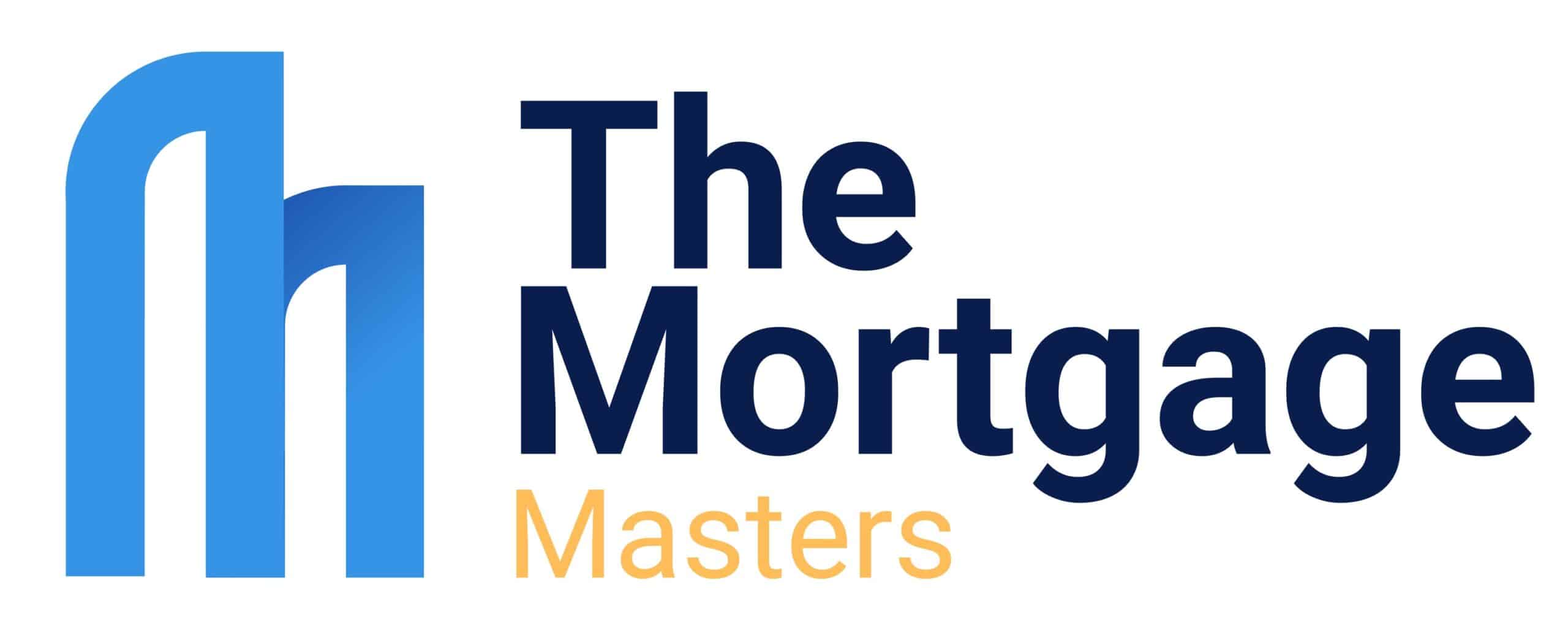Self Employed Mortgages
Simple, friendly, tailored advice you can trust
We're fully independent with access to thousands of
mortgages to ensure you don't miss out on the best deals
Home » Self Employed Mortgages

Table of Contents
Self Employed Mortgages
Getting a mortgage when you’re self-employed can be tough, but they don’t call us The Mortgage Masters for nothing! We specialise in this area and have extensive experience of self-employed mortgages. We know how to show your income in the best possible light and know what others don’t. Our experts do things the high-street lenders can’t, such as using the profit from your limited company to increase affordability. We know which lenders to approach!
Who is classed as Self Employed?
Lenders class you as self-employed if you are a:
• Ltd Company Director and own more than 20% shares in your company
• Partner in a Partnership or Limited Liability Partnership (LLP)
• Contractor who has set up a Limited Company
• Freelancer
How are Self-Employed Mortgages different to standard mortgages?
The short answer is, they aren’t! Self-employed applicants have access to the same mortgages as employed applicants. The difference lies in how you prove your income.
Self-employed income can vary from month to month and year to year. Different lenders use different criteria to assess your income, but the bottom line is, they want to see that is sustainable and that you can afford to meet the monthly repayments long term.
If you are newly self-employed, many lenders prefer it if you were previously employed within the same industry.
How will lenders assess Self Employed Income?
Choosing the right lender is key to mortgage success when you’re self-employed as different lenders assess your income in different ways. For example:
Sole Traders and Partnerships
Lenders base their calculations on your SA302s and your expenses. Many will require 2-3 years worth of accounts and many will use an average of the last 2 years’ income. For Partnerships, they will also want to know your share of net profits.
Some will accept the latest year of accounts for affordability but the interest rates offered by these lenders may not be as favourable.
Limited Company Directors
Most lenders will look at your salary plus dividends when working out your affordability. Again, most will require 2-3 years worth of accounts and many will either take an average or the lower of the last 2 years.
However, some are happy to take your most recent year’s earnings for affordability and are happy to lend with only one year of accounts.
If you’re a business owner who chooses to keep money in the business accounts, you’ll be pleased to know that some lenders will also include your share of net profit in their affordability assessment. For established businesses, this can dramatically increase your affordability.
Contractors
The majority of lenders will usually require at least 12 months history of contracting, with your contract having been renewed at least once, or imminently to be renewed.
However, there are lenders that can consider your application if you have previously been employed in the same industry. For example, if you are on the Construction Industry Scheme (CIS), so long as you have had 3 months’ worth of continuous payments and a good credit record, we can help you get a mortgage based on your average day rate.
The best way to improve your mortgage chances when self-employed is to speak to a self-employed mortgage specialist who is up to date with lender criteria and can approach the best lender for you. You could do it yourself, but it could be a costly and time-consuming mistake if you choose the wrong lender.
Useful Links
Why The Mortgage Masters
- Raising The standards of financial advice
- Making financial advice accessible to all
- Trusted & stress-free financial advice
- Friendly, personable advisors
